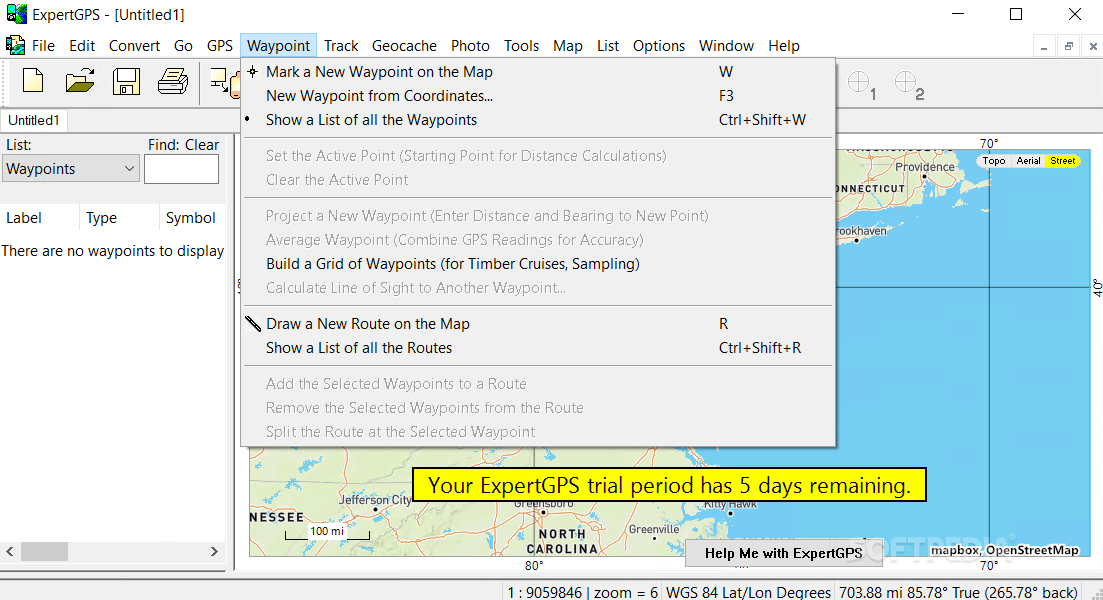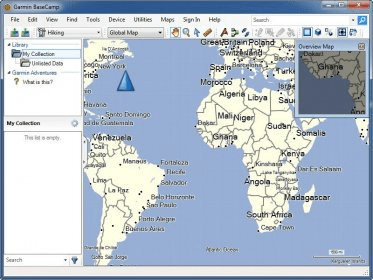
Russia has also made it mandatory for all cars being sold in the country to include this navigation system. Moreover Russia is thinking of launching better satellites that, it claims, will double the accuracy of GLONASS.Īs for consumer devices, CDMA operator MTS has released a mobile phone that uses GLONASS. In indoor, urban canyon or mountainous areas, accuracy can be greatly improved if both the systems are used together rather than using GPS alone. GLONASS and GPS have about 50 satellites at their disposal. Some modern receivers are able to use either GLONASS or GPS satellites, providing more reliable coverage in urban and remote areas as well as indoors. China too is developing its own navigation system which is to be ready by 2020.

Unlike GPS, which was meant for the military and was only later extended for commercial use, Galileo is designed for the public.Īlthough India has a regional satellite navigation system of its own, called GAGAN, it is built only for aviation. It is to expand across the world by the end of this year when two of the 24 satellites needed for it become operational.Īnother alternative is the European Union’s Galileo. Russia is building GLONASS, which already works in that country.

Ever heard people asking for Colgate when they want toothpaste? This is the case with GPS, one among many global navigation satellite systems (GNSS for short).Īlthough for now there is no alternative to GPS, which is owned and operated by the United States Air Force, as far as consumers are concerned,a few alternatives are fast emerging.


 0 kommentar(er)
0 kommentar(er)
